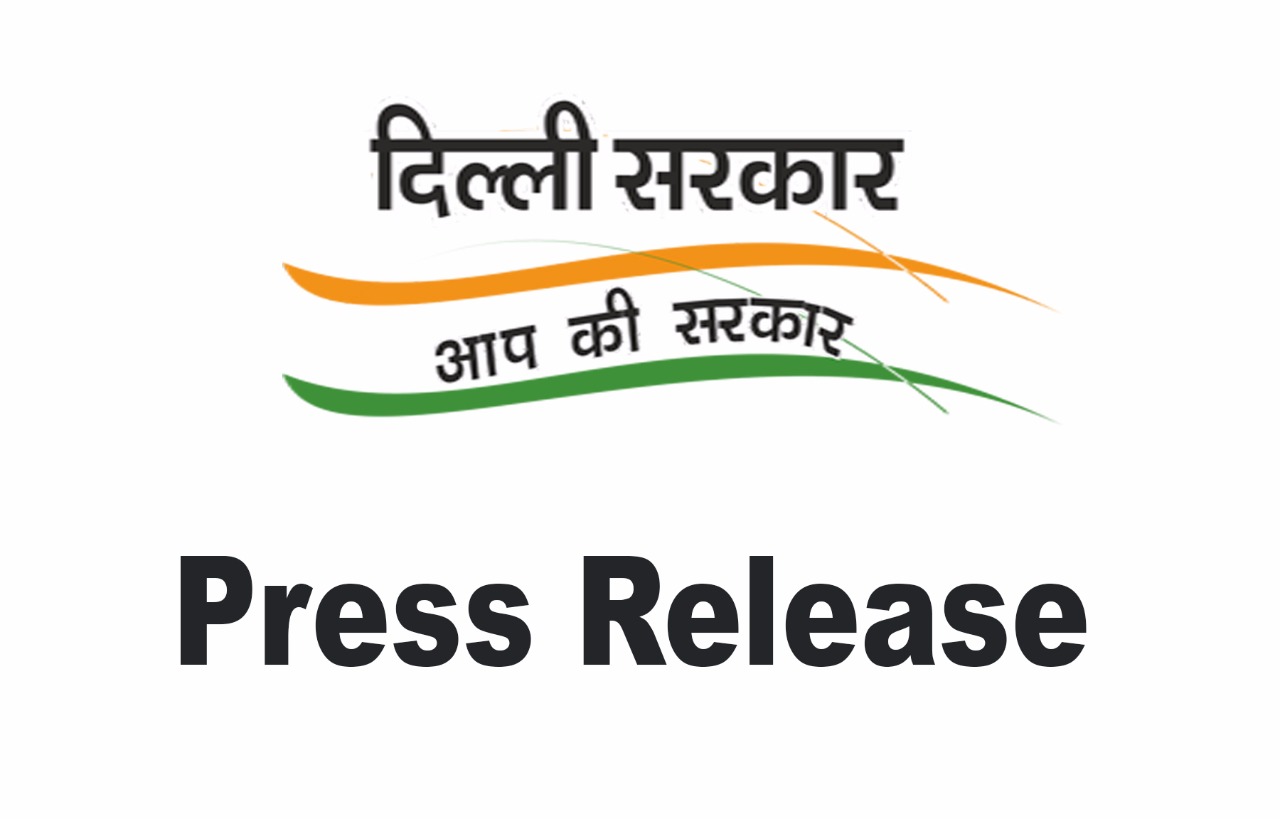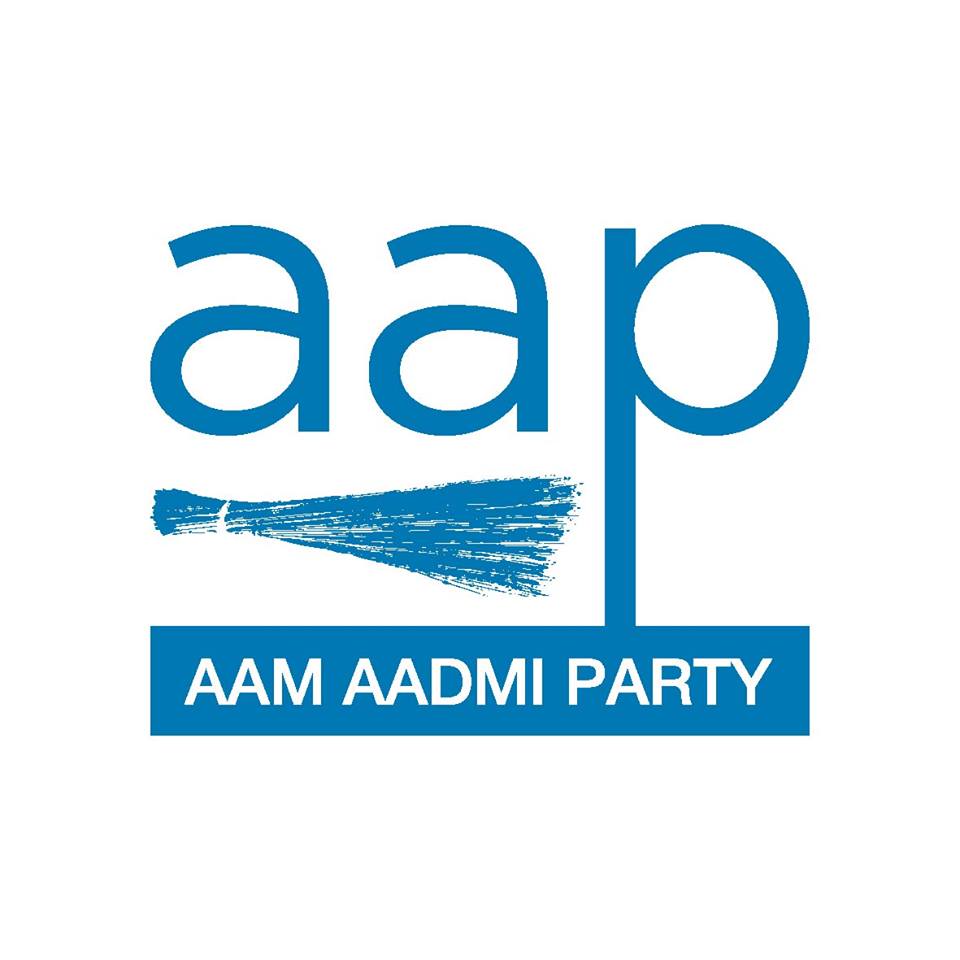
Cabinet approves nearly four time increase in patient intake capacity of new Burari hospital
- Cabinet approves doubling of financial incentives for ASHA workers
The Delhi Cabinet in its meeting on Tuesday, chaired by the Chief Minister Mr Arvind Kejriwal approved the following decisions :
1) The cabinet approved the Department of Health’s proposal for the revised estimate of Rs 265.80 crore for increasing the capacity to768 beds from the earlier proposal of 200 beds at the under construction new hospital at Burari :
According to the information provided by the PWD, 65 % of the entire work and 85 % of the hospital structure has been completed so far.
The project has been reviewed and it was decided that some structural adjustment is required to accommodate more number of beds in this new hospital, which will provide healthcare to the residents of North Delhi.
This new hospital is a seven storey structure and the latest proposal of having 568 more beds (768 now in place of the earlier 200 beds) will be achieved with a revised estimate of Rs 265. 80 crore in place of Rs 200 crore estimated earlier.
Salient features of the under construction building include a barrier free environment to cater to the needs of physically challenged persons for which specific changes in building designs have been done.
The modern building with all latest facilities is energy efficient and is a green building aimed at to reducing dependence on electric lighting and air conditioning.
Approximately 1700 posts will have to be created for making this new hospital functional.
2) The cabinet approved the Department of Health’s proposal for enhancement of ASHA incentives under the Accredited SocialHealth Activist Scheme :
The cabinet approved the proposal to double the incentives for ASHA workers, with the core incentive now being doubled from Rs 1500 to Rs 3000. Similarly in all other categories also, the incentive has been doubled.
Apart from the core incentive, added incentives in different identified categories have also been doubled.
The previous financial enhancement for ASHA workers was provided in February 2016 and the Cabinet approved the need for further enhancement given the increase in cost of living.
In order to support ASHAs during pregnancy, it has been decided to provide them a maternity benefit of Rs 2,000 per month for a period of six months during the perinatal period.
Delhi has been the first state to take up ASHA initiative in an urban setting on a large scale. ASHA provides a linkage and help to improve thehealth indices for around 100 lakh plus population living in these areas of the state in vast pockets of urban slums and difficult areas, depending upon health indicator, poor sanitation, water supply, prevalent malnutrition, communicable disease burden and an adverse female sex ratio.
The main objective of the scheme is to improve the access of available health services by the citizens and particularly the vulnerable population. It is being implemented in all districts of Delhi.
There is one ASHA for every 2000 population (400 households). As in October 2017, there were 5210 ASHAs in place and 131 ASHA units with around 336 participating health centres.
ASHA workers are expected to devote atleast three to four hours everyday for five days a week in carrying out their activities – which include home visits, attending health and nutrition days and outreach sessions.


Leave a Comment